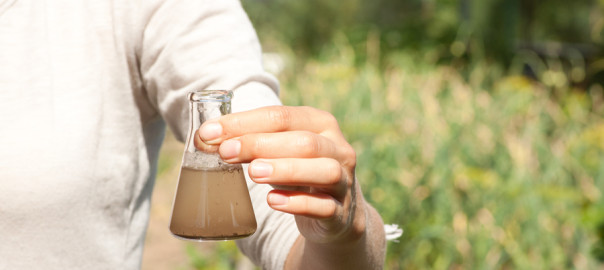New findings illuminate how Prochlorococcus’ nightly “cross-feeding” plays a role in regulating the ocean’s capacity to cycle and store carbon. Continue reading An Abundant Phytoplankton Feeds a Global Network of Marine Microbes


New findings illuminate how Prochlorococcus’ nightly “cross-feeding” plays a role in regulating the ocean’s capacity to cycle and store carbon. Continue reading An Abundant Phytoplankton Feeds a Global Network of Marine Microbes

New findings challenge current thinking on the ocean’s role in storing carbon. Continue reading Study: Weaker ocean circulation could enhance CO2 buildup in the atmosphere
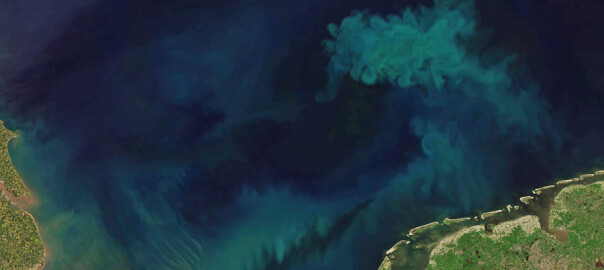
The color changes reflect significant shifts in essential marine ecosystems. Continue reading The ocean’s color is changing as a consequence of climate change
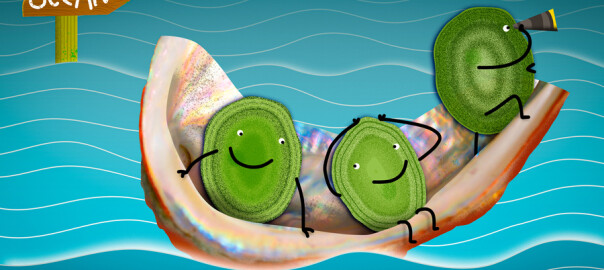
A new study shows the carbon-capturing phytoplankton colonized the ocean by rafting on particles of chitin. Continue reading Like ancient mariners, ancestors of Prochlorococcus microbes rode out to sea on exoskeleton particles
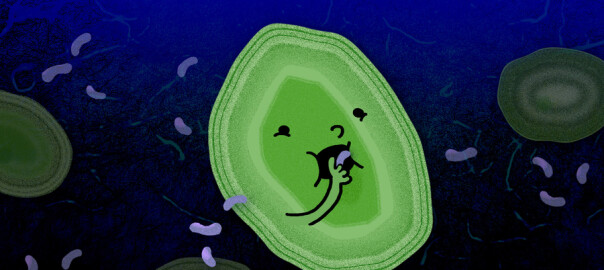
Up to one-third of the carbon consumed by Prochlorococcus may come from sources other than photosynthesis. Continue reading Ocean microbes get their diet through a surprising mix of sources, study finds
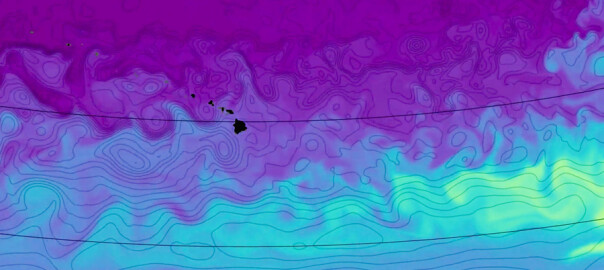
Swirling waters replenish nutrients in open ocean, a new study finds, and could mitigate some climate change effects. Continue reading Small eddies play a big role in feeding ocean microbes
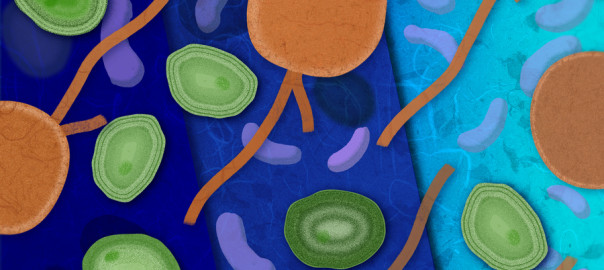
According to CBIOMES researchers, predator interactions chiefly determine where Prochlorococcus thrive – a finding that may help researchers hone predictions for where phytoplankton will migrate with climate change. Continue reading Plankton’s Place
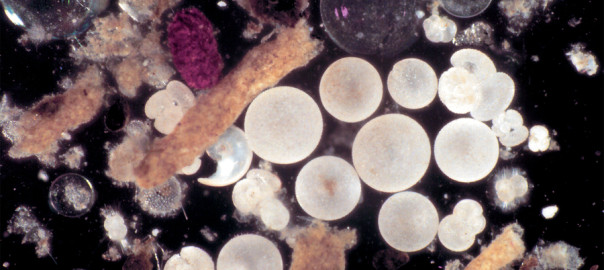
Climate projections could be off by five years, Darwin Group researchers find. Continue reading Study reveals uncertainty in how much carbon the ocean absorbs over time
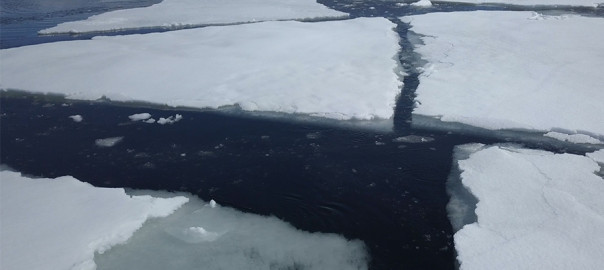
Study from researchers in MIT’s Darwin Project suggests sea ice blocks the flow of carbon both into and out of the ocean, in roughly equal measure. Continue reading Antarctic sea ice may not cap carbon emissions as much as previously thought
